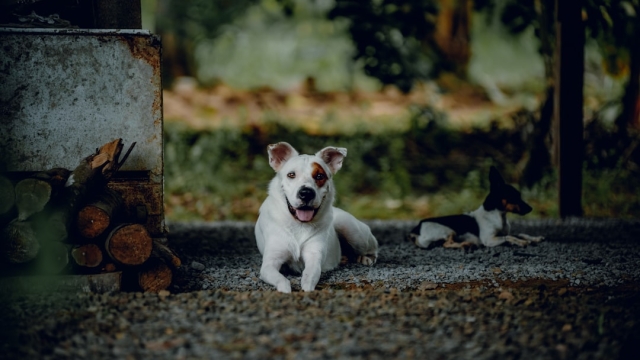The Importance of Puppy Socialization for Behavioral Development
Puppy socialization is a critical aspect of raising a well-adjusted dog. It involves exposing your puppy to a variety of experiences, environments, people, and other animals to help them develop the social skills they need throughout their lives. Proper socialization during the early months of a puppy’s life lays the foundation for good behavior and helps prevent issues such as fearfulness and aggression later on. Understanding the importance of puppy socialization can empower owners to take proactive steps in their puppy’s development.
The Importance of Puppy Socialization for Behavioral Development
The early weeks and months of a puppy’s life are crucial for their behavioral development. During this time, they are particularly receptive to new experiences. Socialization helps puppies learn how to interact positively with other dogs and people, which is essential for their happiness and well-being. A well-socialized puppy is more likely to grow into a confident, friendly adult dog who can handle the various situations life presents.
Moreover, proper socialization reduces the risk of behavioral problems. Puppies that miss out on socialization may develop fears or anxieties that could lead to destructive behavior or aggressive tendencies. By investing time in puppy socialization, owners can foster a positive temperament and a strong bond with their pets.
Effective Techniques for socializing your puppy
There are several effective techniques for socializing your puppy that can help make the process enjoyable and rewarding:
Gradual Exposure
One of the most effective methods for puppy socialization is gradual exposure to new environments. Start by introducing your puppy to different settings, such as parks, busy streets, and pet-friendly stores. Allow them to explore at their own pace, ensuring they feel comfortable and secure. This gradual approach helps your puppy build confidence as they encounter new sights, sounds, and smells.
Positive Reinforcement
Using treats and praise can encourage your puppy during socialization experiences. When your puppy interacts positively with new people or animals, reward them with a treat or verbal praise. This positive reinforcement helps them associate new experiences with good feelings, making them more likely to seek out similar interactions in the future.
Meeting New People and Dogs
Arrange playdates with other vaccinated puppies or friendly adult dogs. This allows your puppy to learn appropriate play behavior and social cues. Additionally, introduce your puppy to a variety of people, including children, men, women, and individuals wearing hats or sunglasses. This diversity is essential for helping your puppy become adaptable and comfortable around all types of individuals.
Enrolling in Puppy Classes
Puppy training classes are an excellent opportunity for socialization. These classes provide a controlled environment where puppies can interact with others while also learning basic commands and obedience. Look for classes that emphasize socialization as part of their curriculum.
Common Challenges in Puppy Socialization and How to Overcome Them
While socializing your puppy is crucial, it can come with its share of challenges. Some common issues include:
Fearfulness
Some puppies may show signs of fear or anxiety during socialization. If your puppy seems scared, take a step back and allow them to observe from a distance. Gradually decrease the distance as they become more comfortable. Patience is key; forcing interactions can lead to negative associations.
Overstimulation
It’s important to recognize when your puppy is becoming overwhelmed. Signs of overstimulation may include excessive barking, cowering, or attempting to escape. If you notice these signs, remove your puppy from the situation and give them time to calm down. Short, frequent socialization sessions are often more effective than long, overwhelming experiences.
Inconsistent Exposure
Consistency is vital in puppy socialization. Make an effort to expose your puppy to new experiences regularly. The more varied their experiences, the more comfortable they will be in different situations. Develop a routine that includes socialization as a part of your puppy’s life.
Conclusion
In summary, the importance of puppy socialization cannot be overstated. By providing a wide range of positive experiences during the crucial developmental period, owners can set the stage for well-adjusted adult dogs. The long-term benefits of proper socialization include increased confidence, improved behavior, and a strong bond between the puppy and their owner. Taking the time to invest in your puppy’s socialization will pay off in countless joyful moments together.
For more information and resources on puppy socialization, visit Mini Goldendoodles of Cape Cod.



